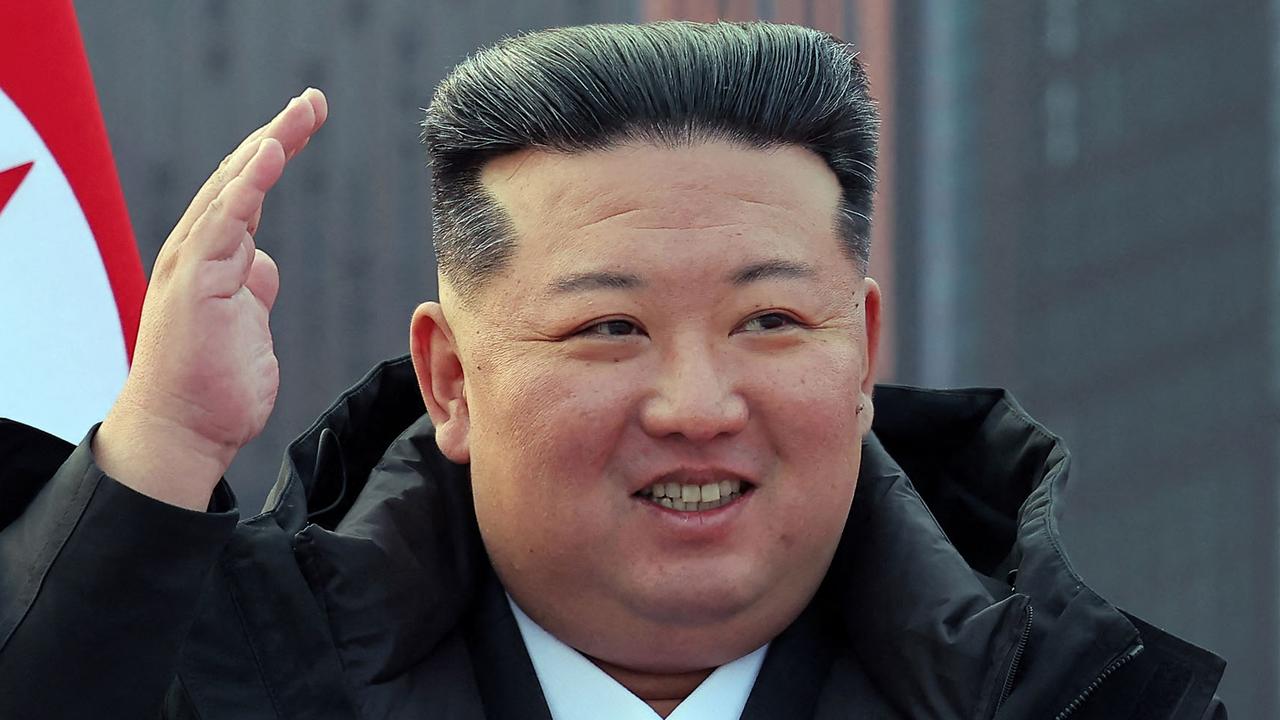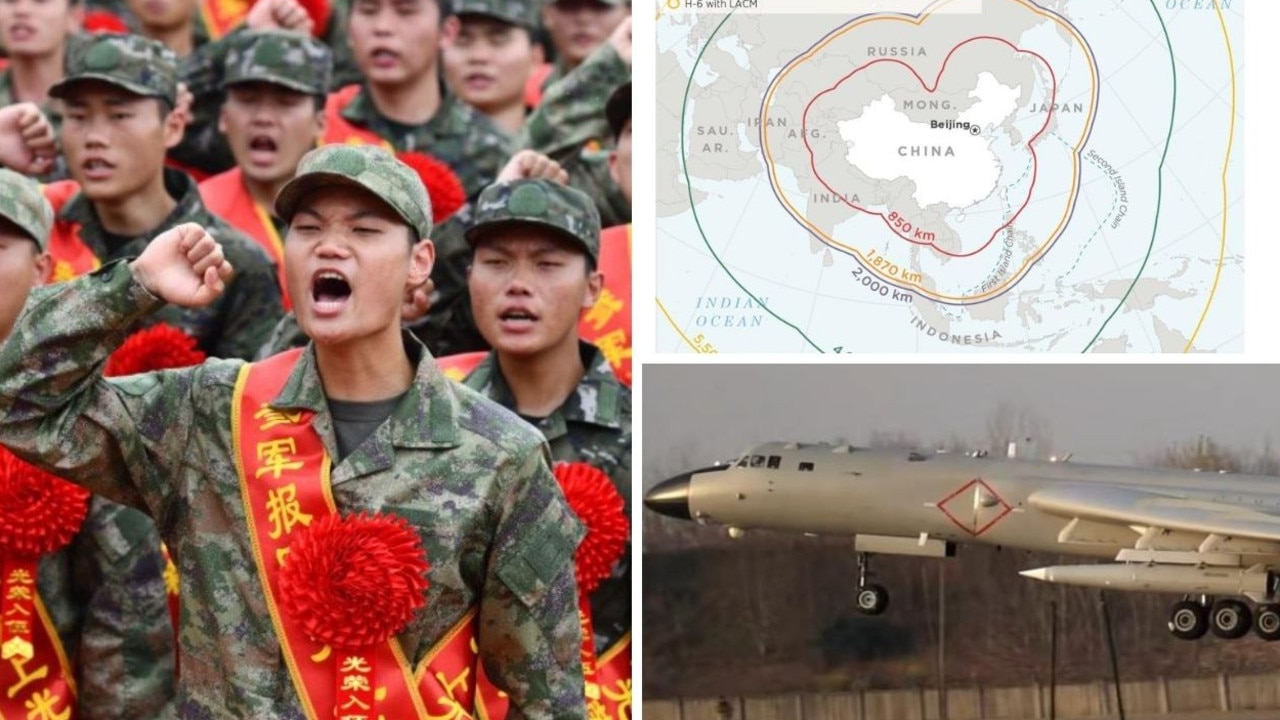China erupts in anger over Japan’s latest move
China has labelled it a “dangerous country” after they deployed air defence missiles to a disputed chain of islands.
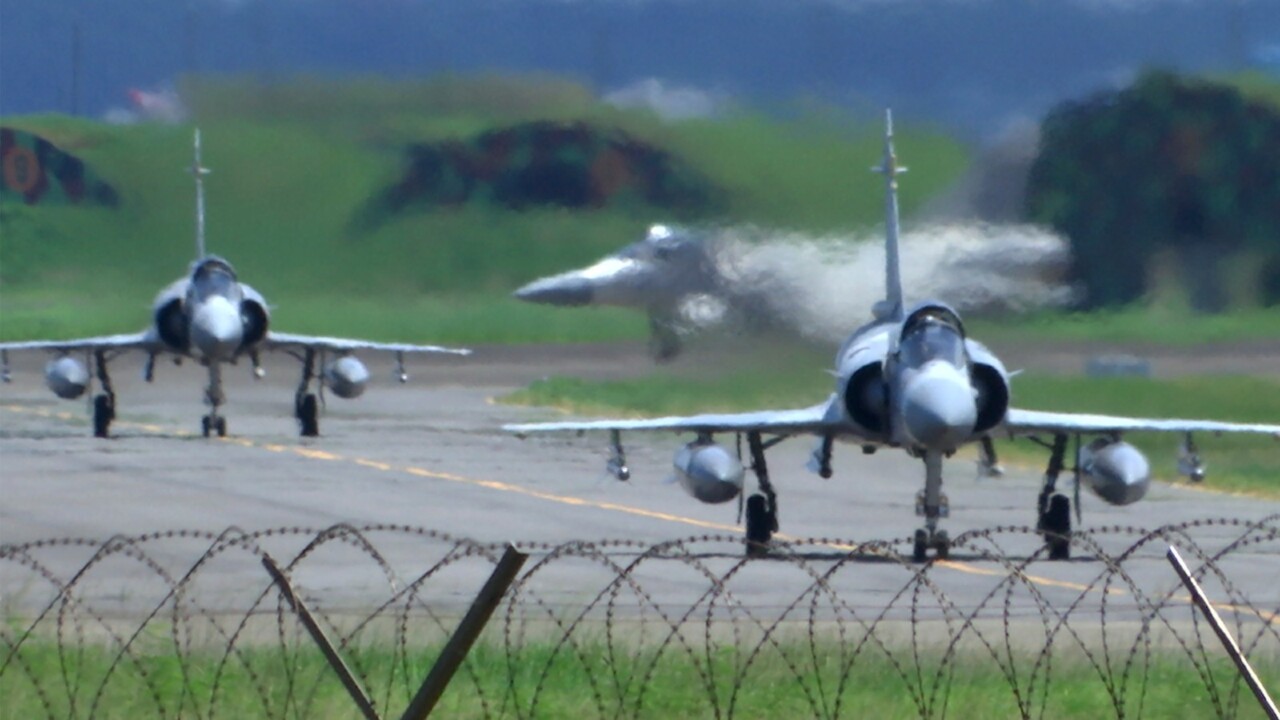
China has erupted in anger after Tokyo deployed air defence missiles to a remote island, labelling Japan as a “dangerous country” that could launch an attack on the region within the decade.
Beijing-based Institute of Modern International Relations official Liu Jiangyong told the Communist Party’s Global Times that Japan was “hyping” the threat of China.
“Following the new national security plans, Japan would probably become a dangerous country that could take military action against other countries in the following five to 10 years,” Professor Liu said.
The accusation comes amid a growing diplomatic storm over the ownership of the strategic Ryukyu Islands that form an arc between Taiwan and mainland Japan.
This week, Japan announced it had deployed US-made Patriot PAC-3 anti-air missile systems to Miyako Island. The stated purpose is to defend against North Korea’s threatened use of nuclear ballistic missiles.
But People’s Liberation Army Navy (PLAN) aircraft carrier Shandong and its battlegroup rehearsed attacks on the island last month following a visit by Taiwan President Tsai Ing-wen to the United States.
Japan has become increasingly alarmed that it is now a frontline state in three of the world’s most dangerous power struggles.
Its westernmost island, Yonaguni, is only 110km from Taiwan – which Beijing has repeatedly threatened to invade.
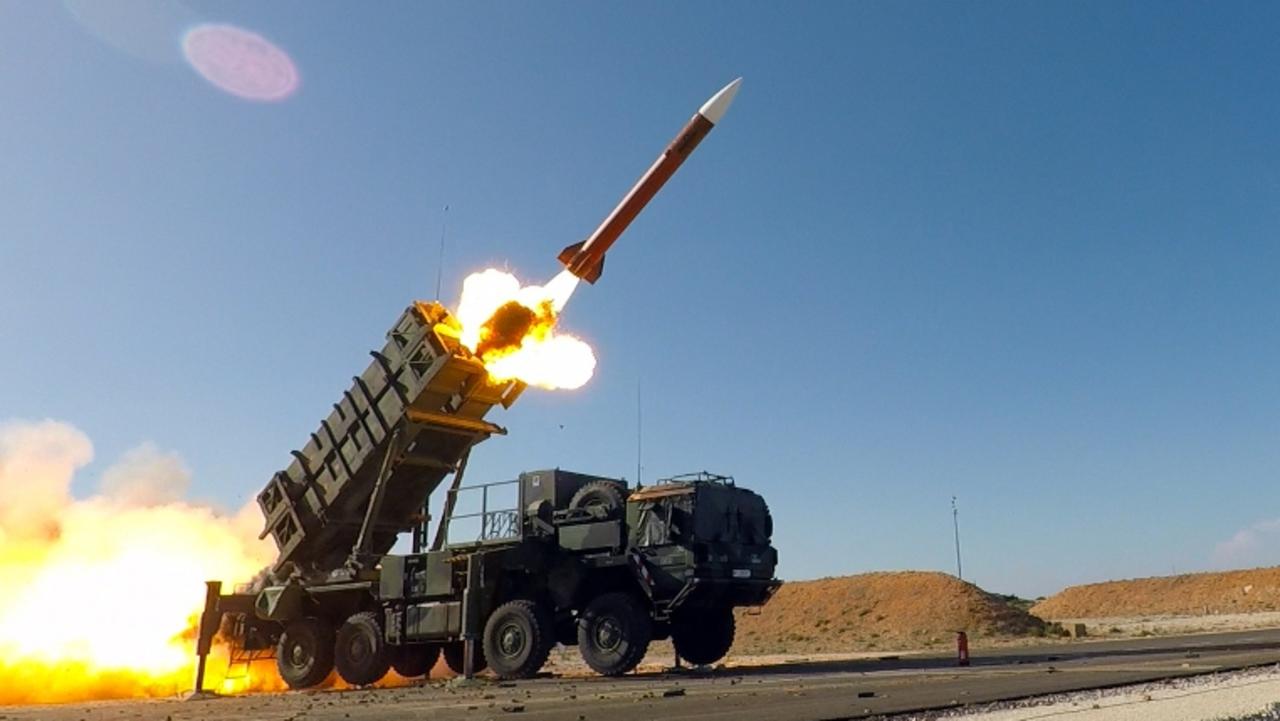
Russia occupied several northern Japanese islands at the end of World War II, and has recently begun naval and air exercises with China rehearsing moves to secure passages to the Pacific Ocean.
On top of it all, Japan is also in the firing line of North Korean dictator Kim Jong-un’s newly acquired arsenal of nuclear missiles.
Simulated attacks
Miyako is the largest of a cluster of six islands on one side of a 250km-wide channel linking it to Okinawa. It is one of just a few international waterways enabling China’s navy to access the Pacific Ocean from the East China Sea.
Beijing insists the missiles’ presence is a threat as Miyako is 1460km from North Korea, but only 360km from Taiwan. Japan also positioned a new garrison of 570 troops, including Patriot surface-to-air missiles, on the island of Ishigaki (250km from Taiwan) earlier this year. And it is upgrading a base in Yonaguni (110km from Taiwan).
All are claimed by China.
But Tokyo’s moves to reinforce the islands are not an isolated event.
In April, after the Taiwan President’s trip Stateside, China retaliated with military exercises around Taiwan in the vicinity of Miyako and the Ryukyu Islands.
In December, Chinese aircraft carrier PLAN Liaoning was observed rehearsing attacks on Japan’s Nansei Archipelago, part of the northern part of the Ryukyu Islands.
And in August last year, five ballistic missiles fired by China crashed into the sea within Japan’s exclusive economic zone (EEZ) near the island of Hateruma, 175km from Miyako.
Japanese foreign minister Yoshimasa Hayashi called the incident “a serious problem that affects our national security and the safety of our citizens”.
“China’s actions this time have a serious impact on the peace and stability of the region and the international community,” he said.
Great island wall
On Friday last week, two Chinese vessels crossed into Japanese territorial waters near the uninhabited Senkaku Islands. They were reportedly part of a group of four vessels attempting to intimidate two Japanese fishing boats out of the area.
Japanese officials say it is the ninth time this year that Chinese government ships have been spotted in Japan’s territorial waters around the Senkakus. Last year, Chinese naval, coast guard and fishing “militia” maintained a near-permanent presence within Japan’s EEZ.
Military analysts see this as an expression of the area’s increasing relevance to China’s strategic ambitions.
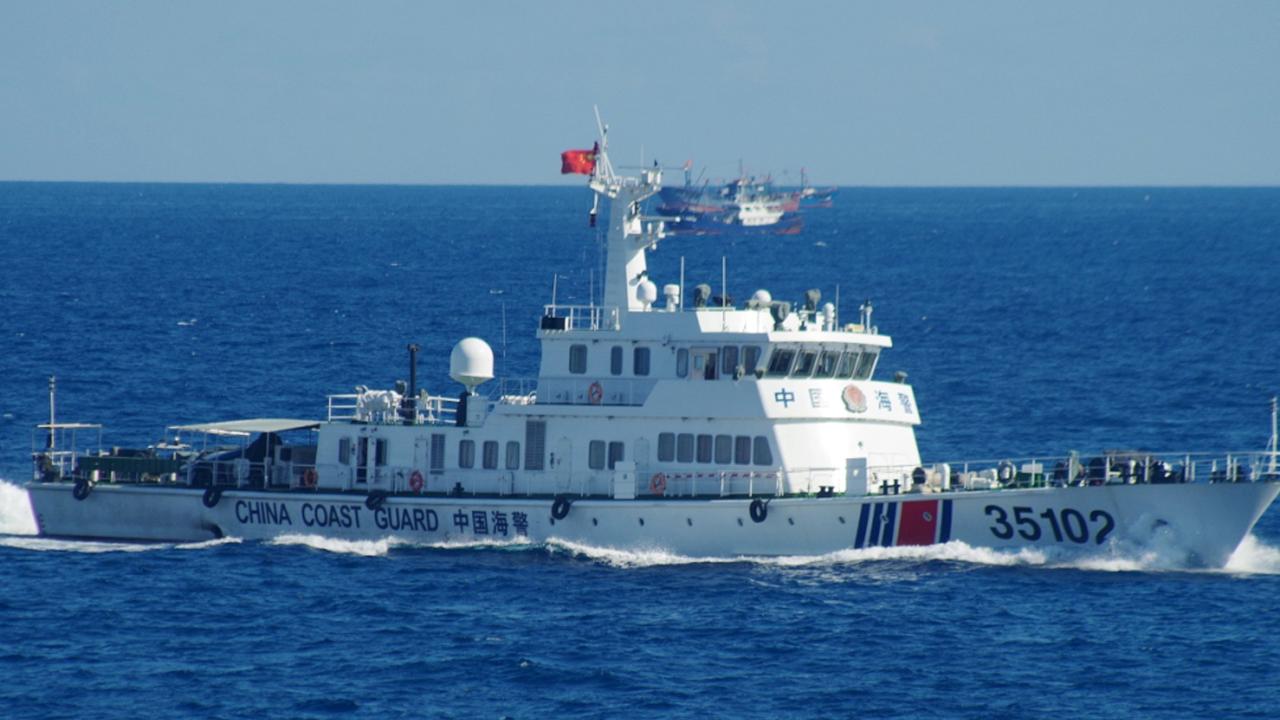
The Chinese People’s Liberation Army (PLA) has begun regular “encirclement” flights of Taiwan to demonstrate its ability to blockade the island democracy. These must pass near Yonaguni island.
It has also increased the size and tempo of similar naval encirclement operations. These must pass through the Miyako Strait.
Beijing accuses Tokyo of preparing to assist Taiwan in the event of a conflict.
“It is a very provocative move aimed at China,” Communist Party military analyst Wei Dongxu told the Global Times of the missile deployments. “Its real purpose is to arm the islands with anti-air and anti-ship missiles and prepare for a military intervention in the Taiwan question.”
But Tokyo is suspicious of the true extent of China’s ambitions over its own territories.
Communist Party commentators point to the island of Okinawa and its 1.4 million population as “historical subjects” of Imperial China. The long-defunct Ryukyu Kingdom once paid tribute to appease the Qing empire.
Beijing has made similar use of this historic subservience as justification for other Ryukyu Island disputes with Tokyo.
Emergency rearmament
The rapidly deteriorating security situation last year prompted Tokyo to announce an emergency 26 per cent increase in the nation’s defence budget.
Beijing, which is itself in the midst of the most intense military build-up since World War II, reacted with outrage.
When Mr Hayashi and his Chinese counterpart Qin Gang met in Beijing in April, Mr Qin accused Japan of being Washington’s “minion”.
“Japanese militarism has inflicted deep damage on the Chinese nation, which is still painful to this day,” he said.
“The Chinese people will not forget, and neither should the Japanese side. Forgetting history means betrayal, and denying guilt means repeating the crime.”
He went on to say the post-war international order must be maintained.
“All historical revisionism that challenges the post-war international order and international justice will never be accepted by the Chinese people,” he said.
A month later, Beijing’s new ambassador to Tokyo, Wu Jianghao, attacked Japan’s open support for Taiwan.
“It is illogical and harmful to connect a matter that is purely China’s internal affairs to Japanese security,” he said. “If Japan is tied to secessionist forces that seek to split China, the Japanese people will be dragged into the fire.”
Jamie Seidel is a freelance writer | @JamieSeidel





